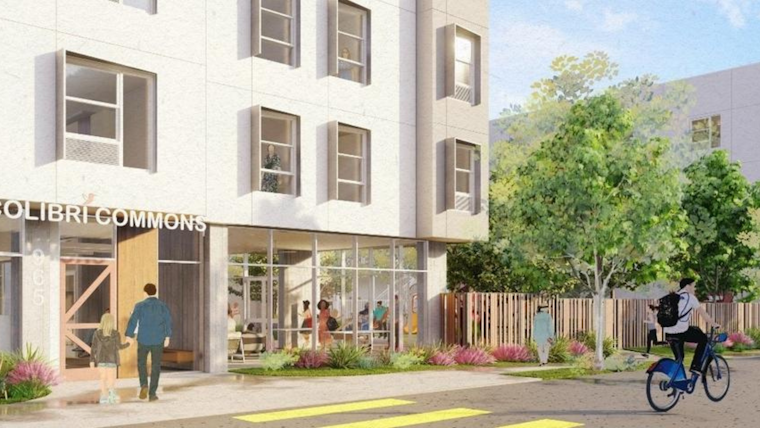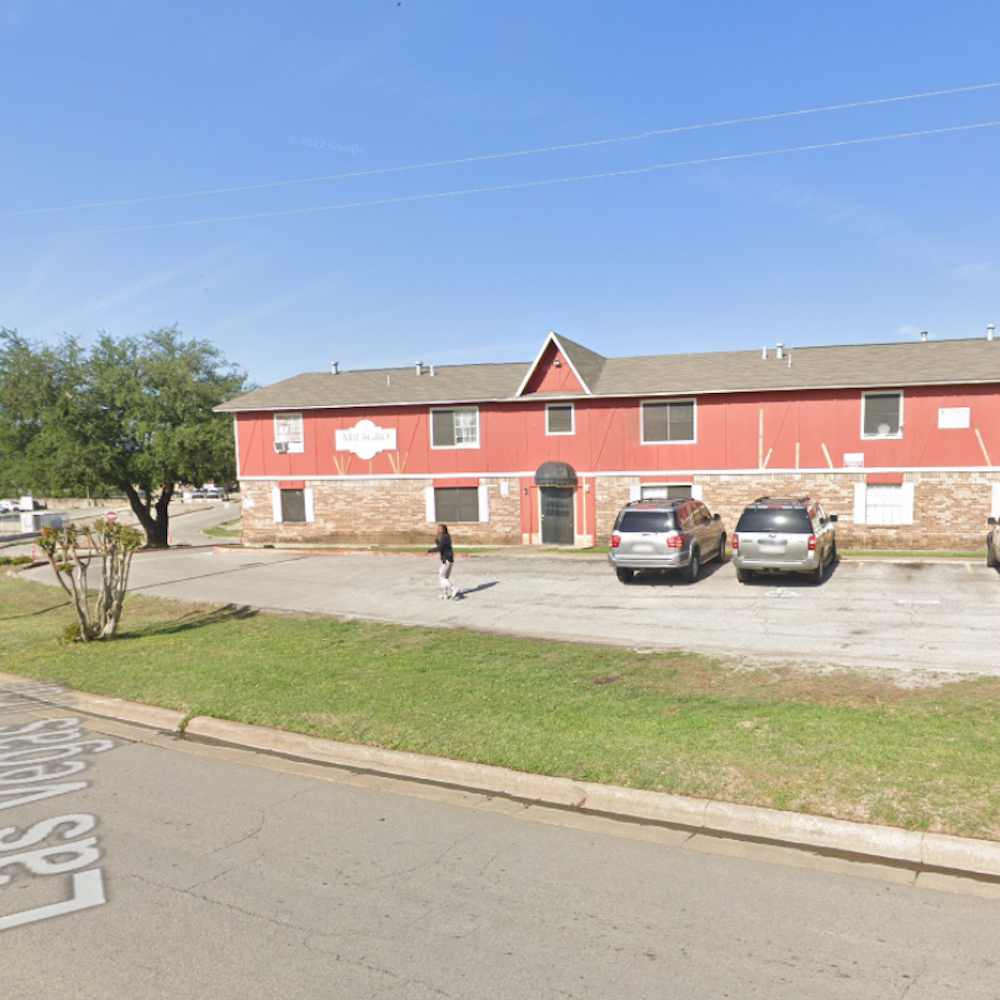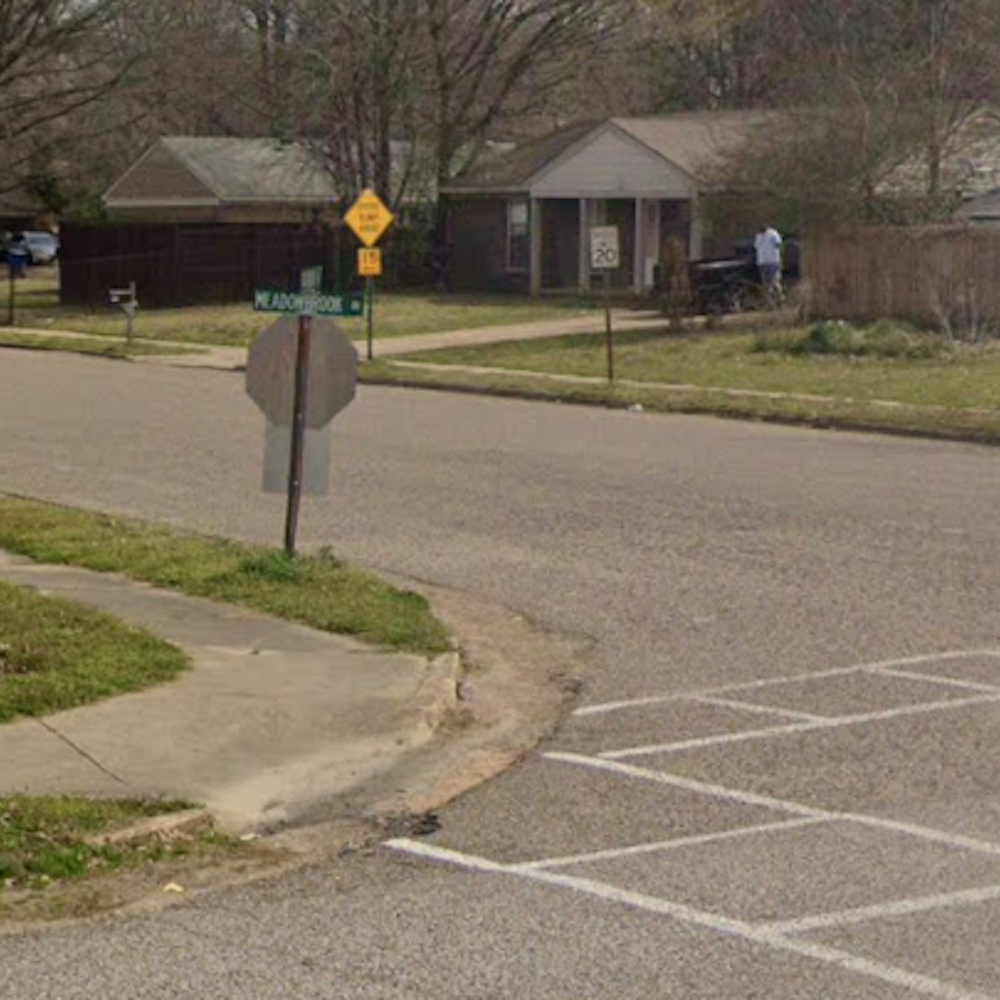
East Palo Alto is breaking new ground, quite literally, with the initiation of Colibri Commons, a long-awaited affordable housing project. On February 2, officials and community leaders gathered to celebrate the commencement of construction on the property located at 965 Weeks Street. According to a San Mateo County announcement, Colibri Commons, developed by EPACANDO and MidPen Housing, is set to provide 136 apartments that will be a financial fit for residents earning between 30% and 60% of the area’s median income, offering a range of options from studios to four-bedroom units.
The vision for Colibri Commons is to address East Palo Alto's crucial need for affordable housing options amid Silicon Valley's sky-high real estate market, where tech giants swell the cost of living, the community has been long-clamoring for relief, the project is a symbol of hope. Funding stems from multiple federal, state, and local sources with San Mateo County's Department of Housing injecting almost $23 million into the project and the Housing Authority of the County of San Mateo allocating fifteen Section 8 Project-Based Vouchers, ensuring a sustainable future for East Palo Alto's diverse population.
Highlighting the unique collaboration that made this possible, Ray Hodges, Director of the Department of Housing, noted the "innovative cross-border cooperation," as reported by Hoodline. Colibri Commons is not just another building; it's the first project in the county to benefit from the Stanford Affordable Housing Fund, which supports housing initiatives within a six-mile radius of the esteemed university, a testament to the region's commitment to bridging the gap between its affluent and low-income residents.
With a timeline set to wrap in Summer 2025, hopes are high that developments like Colibri Commons will serve as a prototype for future collaborations between counties and influential tech companies, fostering a community-focused approach to the pressing issue of affordable housing in areas shaped by the tech economy.









